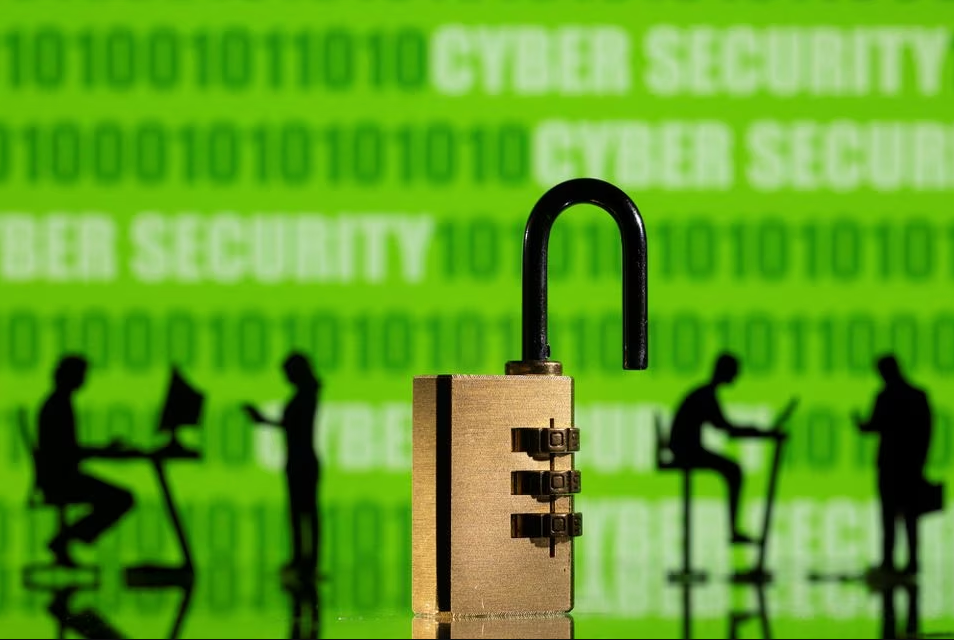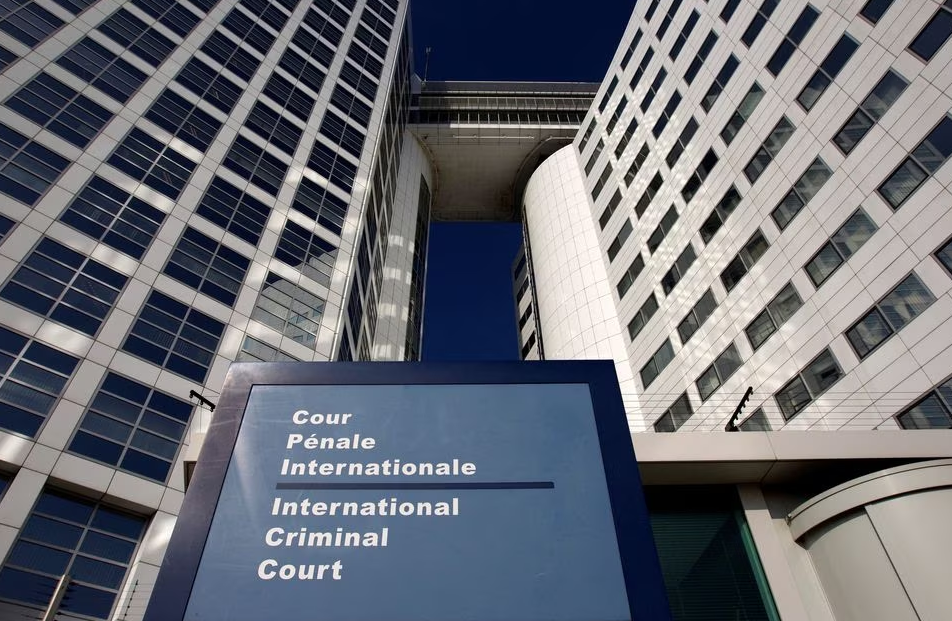THE HAGUE -- The International Criminal Court (ICC) said on Tuesday its computer system had been hacked, a breach at one of the world's most high-profile international institutions and one that handles highly sensitive information about war crimes.
The ICC said it had detected unusual activity on its computer network at the end of last week, prompting a response that was still ongoing. A spokesperson declined to comment on how serious the hack was, whether it has been fully resolved, or who might be behind it.
"Immediate measures were adopted to respond to this cybersecurity incident and to mitigate its impact," the ICC said in a short statement.
The ICC is the permanent war crimes tribunal in the Dutch city of The Hague, established in 2002 to try war crimes and crimes against humanity. Prosecutors at the court are currently conducting 17 investigations into situations in Ukraine, Uganda, Venezuela, Afghanistan and the Philippines, among others.
Highly sensitive documents at the ICC could include anything from criminal evidence to names of protected witnesses, though the court did not disclose what part of its systems had been accessed.
The court said in its statement that it was continuing to "analyse and mitigate the impact of this incident" with the assistance of the Dutch government. It said it was also taking steps to strengthen its cybersecurity.
|
|
| The entrance of the International Criminal Court (ICC) is seen in The Hague March 3, 2011. Photo: Reuters |
A spokesperson for the Dutch Justice Ministry confirmed the country's National Cyber Security Centre was supporting the investigation but declined further comment.
The president of the ICC's bar association, Marie-Hélène Proulx, said lawyers for defendants and victims had been impacted "in the same manner as the court's staff" by unspecified security measures taken in response to the incident.
"We commend efforts ... in securing the court's information systems and hope that the situation will be resolved promptly," she said.
In August 2023, ICC Prosecutor Karim Khan said that cyber attacks could be part of future war crimes investigations. He warned that the ICC itself could be vulnerable and should strengthen its defences.
"Disinformation, destruction, the alteration of data, and the leaking of confidential information may obstruct the administration of justice at the ICC and, as such, constitute crimes within the ICC’s jurisdiction that might be investigated or prosecuted," he wrote in a Foreign Policy Analytics report funded by Microsoft.
"But prevention remains better than cure."






















































